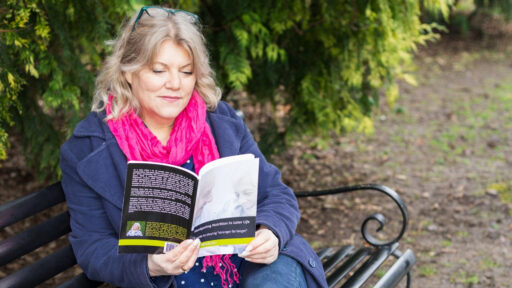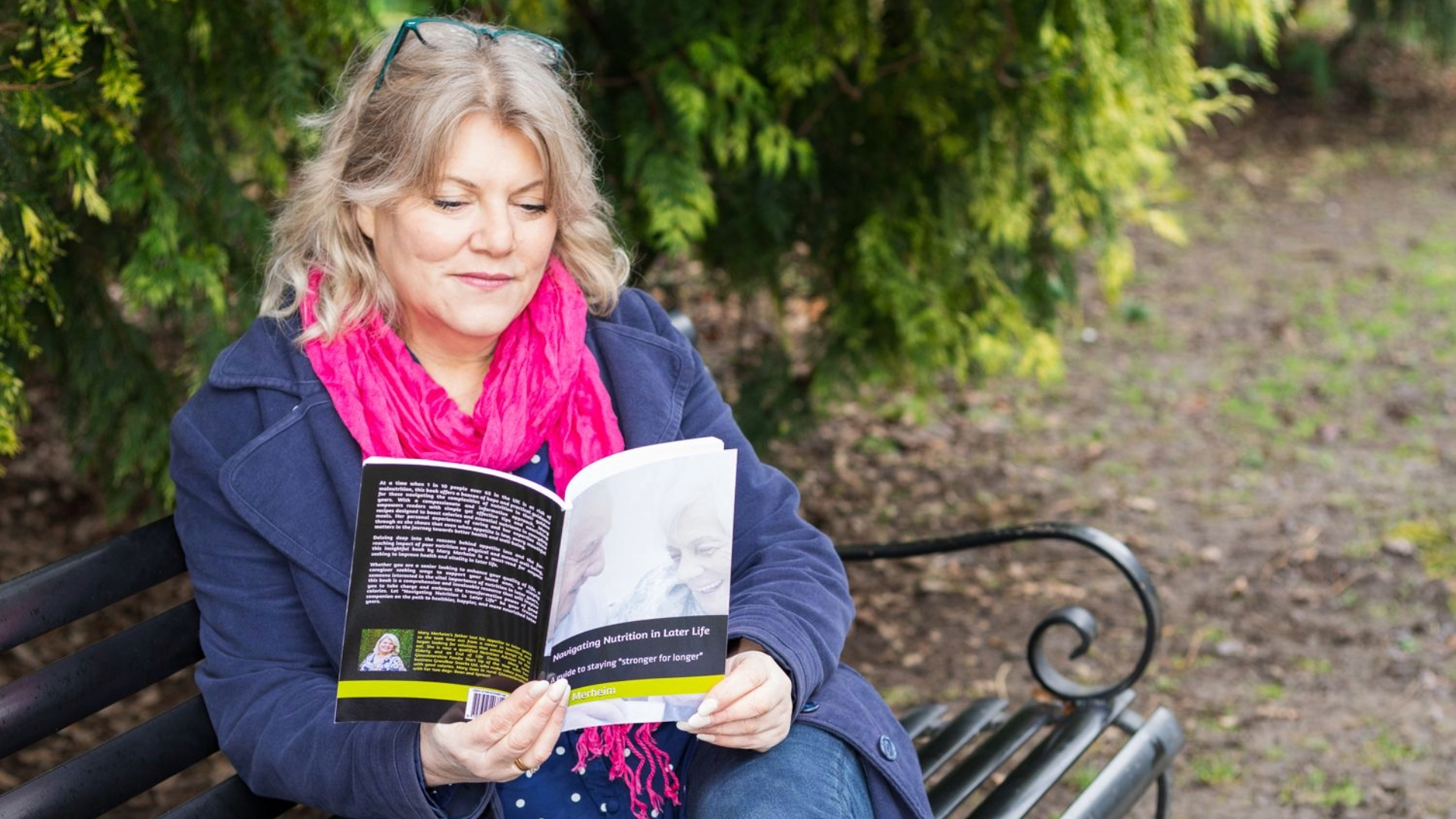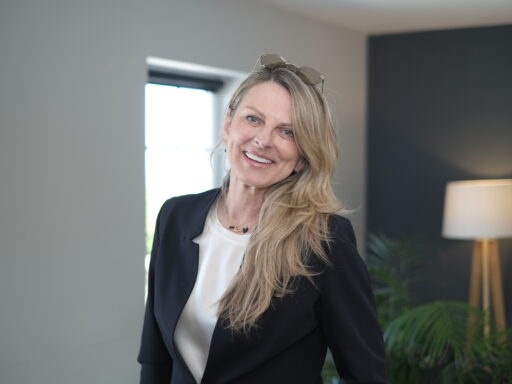Behind closed doors across Britain, a quiet but devastating crisis is emerging—malnutrition among older people. In a nation where over 3.3 million individuals aged 65 or older live alone, many are unknowingly suffering from poor nutrition without support or recognition.
Though often associated with care homes or hospital wards, malnutrition is becoming increasingly prevalent in the homes of our ageing population. New data from the Office for National Statistics and recent surveys show that more than one in ten older adults in England and Wales are also acting as unpaid carers—many for over 50 hours per week. When combined with isolation, reduced mobility, and waning appetite, the risk of malnutrition becomes critical—leading to deteriorating health, frailty, hospital admissions, and even premature death.
“It’s heartbreaking,” says Mary Merheim, founder of Mary Merheim Ltd, a consultancy tackling malnutrition in the elderly. “Most families genuinely care about their aging parents and grandparents. But they simply don’t see the slow decline or don’t know what to do.”
Despite mounting concern, awareness of elderly malnutrition remains alarmingly low.
A report from Age UK recently found that over two million people aged 75 and above live alone in the UK. Shockingly, more than one million older adults go for over a month without any contact from friends, neighbours, or family.
To address this hidden issue, Mary Merheim is launching a powerful awareness campaign. At its heart is a free online masterclass designed to help families detect early signs of poor nutrition and take action to prevent its consequences.
“We’re not here to shame people,” Merheim says. “We’re here to empower them. Because once you understand how malnutrition develops you’ll never look at a half-eaten plate the same way again.”
Families can sign up for the complimentary masterclass at www.marymerheim.co.uk and become part of the growing movement to combat elderly malnutrition—starting with what’s on the dinner table.







